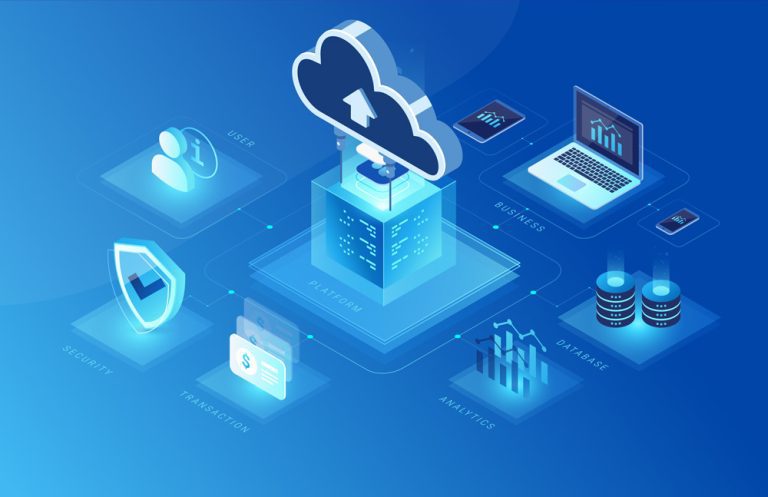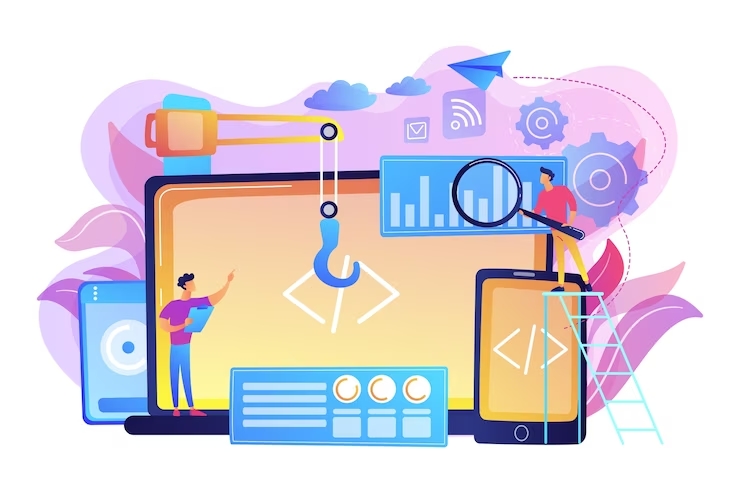
Artificial intelligence is founded on the idea that human intellect may be characterized in such a manner that a machine can simply replicate it and carry out activities ranging from the most basic to the most complicated. Learning, thinking, and perception are all aims of artificial intelligence.
AI is having a significant influence across the board. All industries are attempting to automate certain tasks with the help of intelligent machinery. And a solid Artificial Intelligence Certification Course Online is all you need to break into any field. Agriculture, too!
One of the oldest and most significant vocations in the world is agriculture and farming, which has existed for thousands of years. It is vital to the economy. Agriculture is a $5 trillion-dollar sector on a global scale.
By 2050, the world’s population is anticipated to exceed nine billion people, requiring a 70% increase in agricultural production to meet the need. It’s a fact that the world’s population is growing, which means that land water and resources are running out. To be more productive, we must adopt a wiser strategy and become more efficient in our farming methods.
MarketsandResearch.biz’s report, Global Artificial Intelligence (AI) in Agriculture Market Growth (Status and Outlook) 2021-2027, provides a thorough examination of the different variables and trends driving the global market’s development trajectory. This research provides a comprehensive overview of the market, including all of the elements that influence industry growth.
Based on reliable data, this report offers revised growth forecasts for the worldwide Artificial Intelligence (AI) in the Agriculture market, as well as in-depth information pertaining to the industry’s key features.
Artificial Intelligence (AI) Applications in Agriculture
Artificial Intelligence (AI) is being used by the industry to help produce healthier crops, control pests, monitor soil, and growing conditions, organize data for farmers, aid with the workload, and enhance a wide range of agriculture-related jobs along the whole food supply chain.
Weather forecasting:
Farmers have a tough time determining the best time to plant seeds due to climate change and pollution. A farmer may analyze weather conditions using artificial intelligence, which helps them plan the sort of crop that can be farmed and when should seeds be sowed, using weather forecasting as a tool.
System for monitoring soil and crop health:
When it comes to crop production and quality, the type of soil and soil nutrients have a big role. Weakening soil quality due to increased deforestation makes measuring soil quality nearly impossible.
Farmer’s may also obtain a better understanding of how to utilize fertilizer by using a tech start-up located in Germany PEAT’s AI-based application called Plantix that can identify nutrient shortages in soil, including plant pests and illnesses. This software makes use of picture recognition technologies. Smartphones may be used by the farmer to photograph plants. Through brief films on this application, we can also observe soil restoration strategies, recommendations, and other alternatives.
A similar business, Trace Genomics, also uses machine learning to assist farmers in doing soil analyses. Soil and crop health may be monitored using such an app, allowing farmers to grow healthier crops with better yields.
Drones for agricultural health analysis:
In order to monitor crop health, SkySqurrel Technologies has developed drone-based aerial imaging systems. Drones collect data from fields, which are subsequently uploaded by USB drive to a computer and evaluated by specialists.
It utilizes algorithms to evaluate the photos and offer a thorough report on the farm’s condition. Identifying pests and bacteria allows farmers to utilize pest management and other measures promptly, allowing them to take the necessary action when needed
Precision agriculture with predictive analytics:
Farmers may now benefit from applications and technologies that use artificial intelligence to help them with water management, crop rotation, timely harvesting, crop kinds and optimum planting, pest infestations, and nutrition management.
AI-enabled technologies forecast meteorological conditions, examine agricultural sustainability, and evaluate farms for the presence of diseases or pests and poor plant nutrition on farms utilizing data like temperature, precipitation, wind speed, and sun radiation recorded by satellites and drones using machine learning algorithms.
Farmers who do not have access to the internet may nevertheless reap the benefits of AI by using basic tools such as an SMS-enabled phone and the Sowing App. Meanwhile, farmers with Wi-Fi connections may utilize AI programs to receive a constantly AI-customized plan for their farms. Farmers can fulfill the world’s requirement for greater food production and profitability by using IoT and AI-driven solutions that boost output and revenue without depleting valuable natural resources.
Agricultural scientists will be able to maximize yields down to individual rows of plants with the aid of artificial intelligence (AI) in the future.
Agricultural Robotics:
A number of AI firms are working on the development of robots that can easily execute a variety of jobs in agricultural sectors To manage weeds and harvest crops faster and in greater quantities than people, these robots are programmed.
When picking and packaging crops, these robots are trained to evaluate the quality of the crops, detect weeds, and detect weeds while picking. These robots are also capable of combating the problems faced by agricultural labor.
AI-powered pest detection system:
Pests are one of the worst adversaries of farmers since they cause harm to their crops and cause them to fail.
When satellite photos are compared to historical data using AI algorithms, AI systems can determine whether or not an insect has landed and what sort of insect it is, such as the locust or grasshopper. And send warnings to farmers on their cellphones so that they may take the necessary measures and employ the necessary pest management, thus AI helps farmers fight against pests.
Wrapping up
AI in agriculture helps farmers automate their farming, but it also moves to precision cultivation for higher crop yields and better quality while using fewer resources, according to a new report.
Artificial Intelligence-based goods and services including training data for agricultural, drones, and automated machine manufacturing will benefit from future technology advancements, which will assist the globe deal with food production challenges for a growing population by providing more beneficial applications to this industry. Invest in artificial intelligence training and become an AI developer because you can clearly see how bright the future is for AI.



